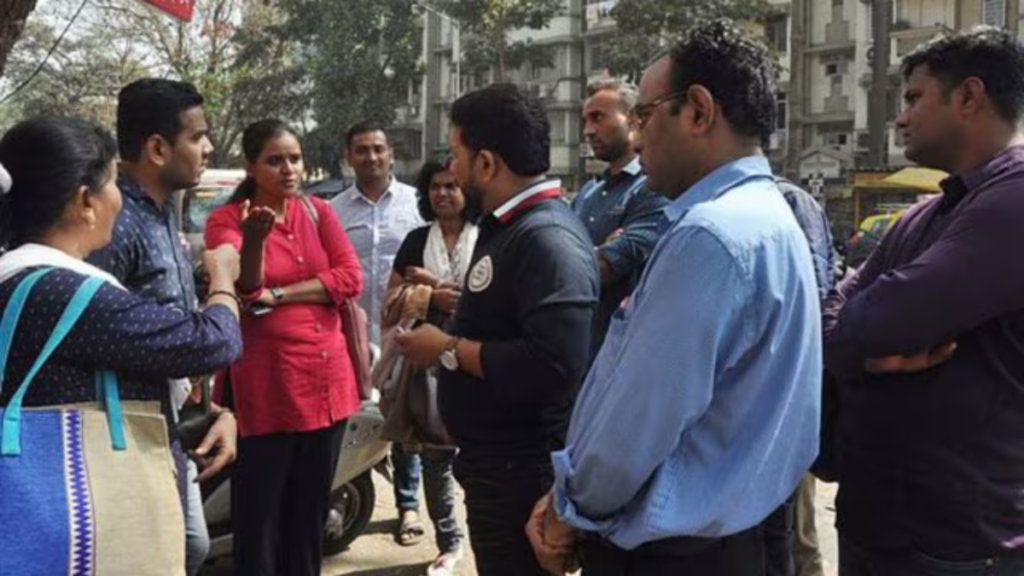Coaching dependence among students preparing for competitive exams has prompted the Ministry of Education to form a high-level committee. Headed by Higher Education Secretary Vineet Joshi, the newly formed nine-member panel will investigate the growing reliance on coaching institutes, the rise of dummy schools, and the overall fairness and impact of entrance exams like JEE and NEET.
This move comes amid widespread concern about the mental and emotional stress students face, along with serious questions being raised about the quality and relevance of school education in the current academic climate. The panel has been asked to study systemic issues and recommend long-term solutions that encourage a more balanced and inclusive approach to education.
Why Students Rely on Coaching Institutes
The committee’s main goal is to understand why students feel compelled to turn to coaching centres instead of relying on formal education. Officials from the Ministry of Education point out that schools often lack emphasis on critical thinking, logical reasoning, analytical skills, and innovation. As a result, students do not feel adequately prepared to face competitive exams through regular school curriculum alone.
Instead, coaching centres have emerged as an alternative system offering targeted preparation. However, this growing coaching dependence has led to academic pressure, rising expenses for families, and a distorted focus on marks rather than real learning. The panel will explore how this gap between classroom teaching and exam expectations can be bridged.
The Dummy School Phenomenon
One of the most troubling outcomes of this trend is the rise of dummy schools. These are institutions where students are enrolled formally but rarely, if ever, attend classes. Their sole purpose is to allow students to register for board exams while they spend their time in coaching centres.
Dummy schools are particularly common among students preparing for medical and engineering entrance exams. These students avoid school-based learning altogether and opt for coaching-driven strategies. In some cases, dummy schools are also used to exploit state-level quotas in college admissions. For example, students may enroll in Delhi-based dummy schools to qualify for the Delhi state quota in medical colleges.
The panel will examine the origin and functioning of such schools, their role in promoting coaching dependence, and suggest strategies to either regulate or eliminate their misuse.

Re-examining Entrance Exams
The committee will also study how entrance exams are structured and whether they are fair to all students. Competitive exams are known to prioritize speed, strategy, and practice—qualities that coaching centres train students in. Meanwhile, regular schools often lack formative assessments and deep conceptual learning that help build long-term academic strength.
The panel will assess how well these exams reflect students’ true potential, how they shape the growth of the coaching industry, and how school education can be realigned to meet the same standards without external help.
Moreover, the limited number of seats in top institutions like IITs, NITs, and AIIMS leads to fierce competition, pushing students to seek every possible advantage. This further fuels the demand for coaching and increases the pressure on young aspirants.
The Need for Better Career Counselling
Another key issue the committee will address is the lack of awareness among students and parents about alternative career paths. The narrow focus on engineering and medicine, combined with the prestige associated with elite institutions, often leads to overcrowding in a few fields and increases the stakes of competitive exams.
The panel will explore how career guidance can be made more accessible and effective in schools and colleges. Strengthening these systems could help students make informed decisions based on interest and aptitude, not societal pressure.
Diverse Expertise on the Panel
To ensure a holistic review, the committee includes members from a variety of educational backgrounds. Along with the Higher Education Secretary, it features the CBSE chairman, joint secretaries from both school and higher education departments, and representatives from IIT Madras, NIT Trichy, IIT Kanpur, and NCERT. Principals from a Kendriya Vidyalaya, a Navodaya Vidyalaya, and a private school are also part of the panel to bring in grassroots-level perspectives.
Responding to a National Crisis
The formation of this panel follows growing concern over incidents involving coaching centres, including fire hazards, inadequate infrastructure, teaching practices, and student suicides. Many families have raised complaints about the pressure-filled atmosphere in these centres and the toll it takes on students’ mental health.
By addressing coaching dependence and its causes, the government hopes to bring much-needed reform to India’s education system. The recommendations from this panel could lead to significant policy changes, making the path to higher education less stressful, more inclusive, and better aligned with holistic student development.
ALSO READ
Common Board Suggested for Seven States After High Student Failure Rates in Board Exams
IIT Delhi Tops India in QS World Rankings 2026, Beats IIT Bombay
A decade after NALSA, trans students still await inclusion on Indian campuses